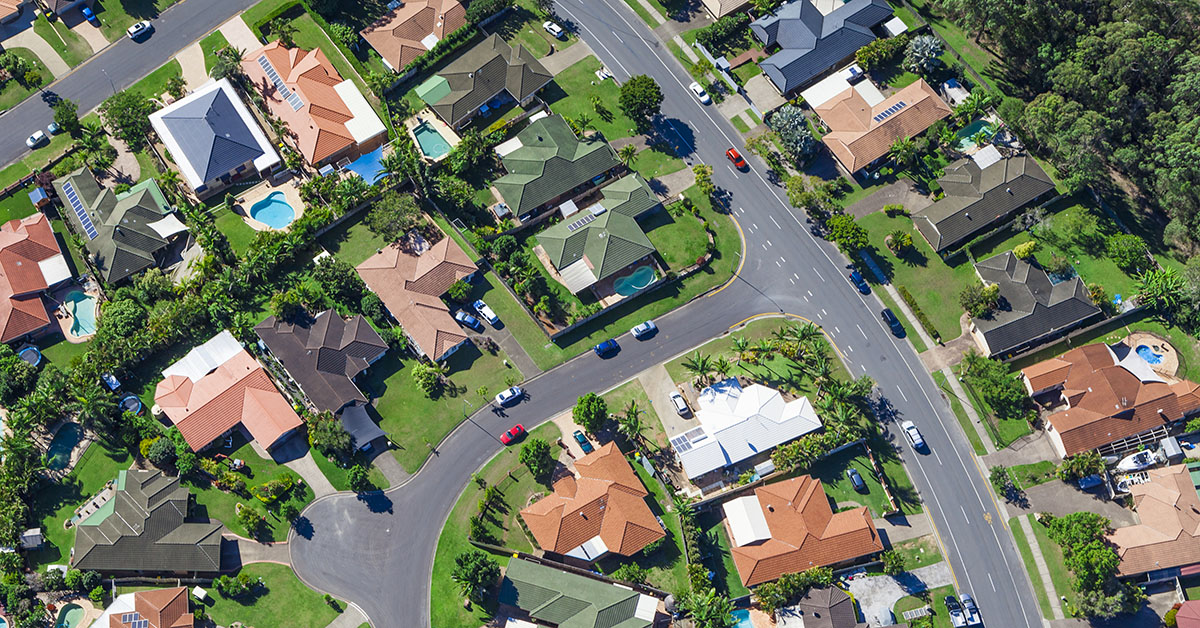What Are Your Legal Obligations as a Self-Managing Landlord?

As a landlord, you are obliged to follow the regulations set out in the Landlord-Tenant Law. This was created as a blueprint for the interactions, rights and obligations of both landlords and tenants.
While each state and territory’s laws vary slightly, there are five basic obligations that every landlord must follow:
- Legal obligation to manage the bond or security deposit
- Disclosure of owner details
- Management of maintenance issues
- Obligations to limit liability
- Deciding on appropriate rent
- Managing property fees
Legal obligation to manage the bond or security deposit
A key obligation of every landlord is the management of the tenant’s security bond. Every landlord has the right to charge their tenant a bond. This security deposit is held in trust and acts as security in case your tenant fails to pay rent, damages your property, or breaches the lease agreement.
You are obliged to follow your state laws in regard to the maximum amount of security deposit you can charge, where it must be stored, and how it should be refunded to your tenant at the end of the lease. The management of security bonds can cause issues between tenants and landlords if expectations are not managed properly.
Property managers are experts at dealing with issues that can arise around bond refund. They carefully manage the condition report process, and ensure that both the tenant and landlord agree to the state of the property before the tenant moves in.
This, along with regular inspections conducted by trained property managers, all help to ensure there are no ‘surprises’ at the end of the lease and all maintenance and damage issues are addressed when and where they happen.
Disclosure of owner details
The landlord must legally provide the tenant with certain information about the owner of the property. They must provide in writing the name and address of individuals who will manage the building, collect rent, make repairs and address any complaints. If you use a property manager then their details would be provided, keeping the landlord one step removed from the tenant which is preferable to many investors.
Management of maintenance issues
Any maintenance issues with a self-managed property is the responsibility of the landlord. The landlord must adhere to all building codes, perform necessary repairs in a timely manner, maintain common areas, ensure there is a supply of running water, ensure the plumbing, electricity and heating all work, that there is an appropriate place for garbage, and they must be contactable at all times of the day in case of an emergency.
Property managers take the stress out of this for landlords. They are the tenants go-to person when it comes to issues all hours of the day. Plus, due to their negotiating power with tradespeople, they ensure their landlords get the best price and service on all maintenance jobs.
Obligations to limit liability
As the landlord, you are legally obliged to adhere to the terms of the lease agreement (written or spoken) including:
- The property must be safe for the purpose
- Ensure all installations are working such as gas, electricity and heating
- Installation and appliance maintenance and safety of landlord owned appliances
- Treat potentially health threatening issues such as rising damp
- Anything else that is stipulated in the lease agreement
- Manage the refund of the security bond
Property managers are skilled at managing landlord’s legal obligations. An increasing amount of legislation comes out every year ,making it increasingly difficult for landlords to stay across the changes. If anything goes wrong you can end up with a fine or imprisonment. Having a property manager oversee your investment, and staying across all necessary changes on your behalf, is a wise decision.
Deciding on appropriate rent
If you are managing the property yourself, you alone are determining how much rent you want to charge. As your rent contributes to your mortgage repayments, it’s realistic that you’ll want to obtain the best amount possible.
To determine what the rent should be, it’s a good idea to research the market; what are other similar properties, in similar conditions in your local area charging. Make sure you consider what features your property has such as number of bedrooms, bathrooms, parking, backyard, laundry, etc, plus is it recently renovated or not.
Look at the property through the eyes of a tenant and consider how much a reasonable person would pay. You don’t want to price yourself out of the market and you don’t want to under value your investment either.
There is a delicate balance between charging too little and too much. A skilled local property manager does this all the time. They are across what similar properties charge and are best suited to help you come up with the appropriate figure.
Property managers are focused on ensuring you maximise your rental return, and conduct annual rental appraisals to ensure you are always charging the highest possible rent and maximising your rental yield.
Managing property fees
Some new investors are worried about the cost of property management, and this is a hindrance to employing someone to look after their property. The good news is in most cases property management fees are tax deductible. Therefore, the cost of employing someone with experience to screen and manage the tenancy agreement, and stay across all legislative changes, is extremely cost effective and a great service to many investors.
Is Self-Managing Your Investment Property the Right Choice?
As a landlord it is important that you fully understand the far reaching implications of taking on the role. Even though you may not be a lawyer, as soon as you assume the title of a self-managed rental property owner, under the law, you are obligated to follow certain laws for both the safety of yourself and the tenant. If, at any point those laws change, you will also need to be on top of this.
In many cases, self-managed property owners have other jobs that require their attention. Because the self-managing role is so hands on, even before adding in a sound knowledge of the law, it can be a time consuming role.
That is where the team of property management specialists at LJ Hooker can work wonders. LJ Hooker’s property managers not only manage the rental process from start to finish, but they also have a sound understanding of the law, keeping you and your tenant out of avoidable legal battles.
DISCLAIMER - The information provided is for guidance and informational purposes only and does not replace independent business, legal and financial advice which we strongly recommend. Whilst the information is considered true and correct at the date of publication, changes in circumstances after the time of publication may impact the accuracy of the information provided. LJ Hooker will not accept responsibility or liability for any reliance on the blog information, including but not limited to, the accuracy, currency or completeness of any information or links.
Share


